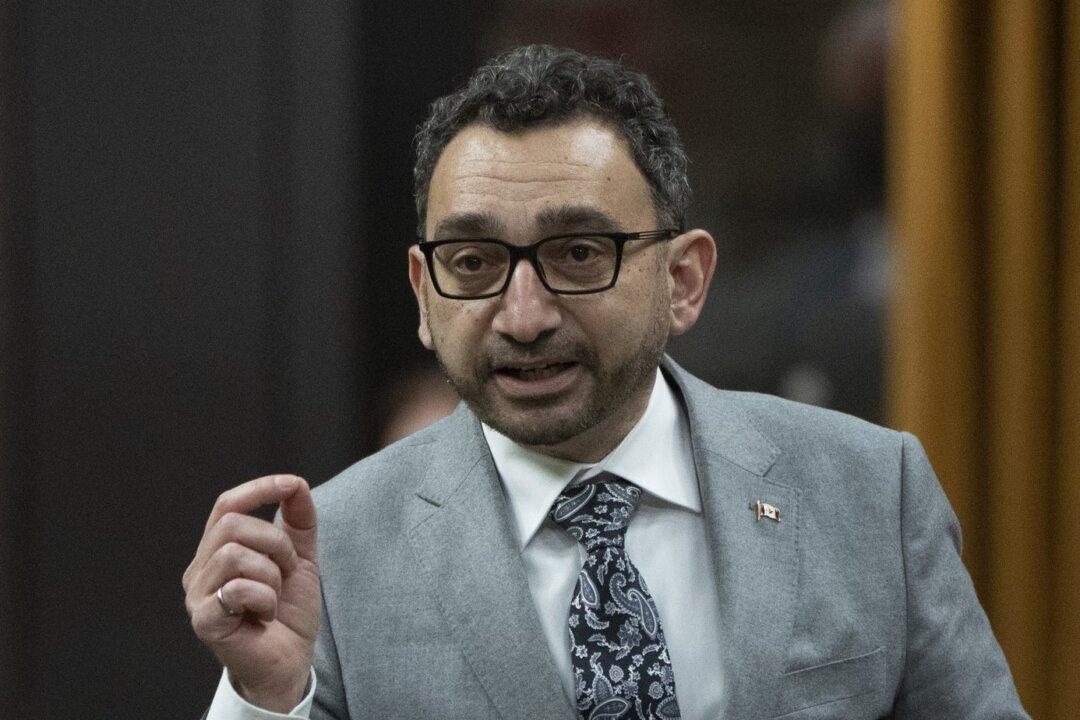Police experts are warning MPs that proposed legislation to restrict access to handguns in Canada does not address the real issue of illegal firearms.
The House of Commons Public Safety Committee met on Oct. 27 to continue its study of Bill C-21.
Evan Bray, chief of Regina Police Service and co-chair of the Special Purpose Committee on Firearms for the Canadian Association of Chiefs of Police (CACP), said restricting lawful handgun ownership will not meaningfully address the real issue.
It’s “illegal firearms, illegal handguns, obtained from the United States that have led to the disturbing current trend in gun violence that is largely related to street gangs and more sophisticated organized crime groups,” he said.
Bray said the CACP supports implementation of new firearms-related offenses, intensified border controls, and strengthened penalties to help deter criminal activities and to combat firearm smuggling and trafficking. Such measures will reduce the number of “illegal firearms that find their way into Canadian communities and are used to commit criminal offenses,” he said.
Brian Sauvé, president of the National Police Federation, said the proposed legislation “primarily” targets legal firearm owners who have followed government regulations.
“The Government of Canada is encouraged to widen its focus as Bill C-21 narrowly focuses on the tool or the firearm and not the criminal activity surrounding it,” Sauvé said.
By only addressing the tool, the “criminal perpetrator will continue to offend and victimize with different tools,” he said.
Between 2016-2021, the Violent Crime Index across provinces rose 30 percent while the Crime Severity Index rose 10 percent.
Sauvé said jurisdictions with the highest rates of firearm related violent crime also have relatively high rates of crime in general. Reducing firearm violence is a key issue and should remain a priority for the government, he said.
“Canada already has a strict licensing regime for firearms purchases and the changes proposed do not address issues of organized crime, nor gang violence, illegal weapons smuggling, systemic causes of crime, or emerging threats such as 3D printed or ghost guns,” Sauvé told MPs.
“We have an opportunity here to create a unique system to deal with this issue by strengthening border controls, composing stronger penalties to combat firearms, smuggling and trafficking, and thereby reducing the presence of illegal firearms in Canadian communities, and the frequency of them being used to commit criminal offenses.”
The federal government said that its “freeze” on handguns, which makes it illegal to buy, sell, or transfer handguns, came into effect on Oct. 21. On top of Bill C-21, the federal government has also implemented a firearm buy-back program, where owners of “assault-style” firearms are required to give their guns to the government at a price set by the feds.
Conservative MP Dane Lloyd asked whether new federal gun legislation would lead to resources being diverted from dealing with illegal gun crime to deal with legal gun owners who will have their firearms taken away.
“I would suspect they will,” Sauvé said. “You’re adding an added job.”
On Oct. 20, Edmonton Police Service Chief Dale McFee told the committee that the federal government’s proposed handgun transfer “freeze” legislation could actually increase crime in the short-term.
On Oct. 27, Bray also warned that law-abiding gun owners could become criminals if administrative work isn’t prioritized once the amnesty period is closed.
“If it’s not given a high enough priority, then I think it will have a counter effect and it will actually cause us problems on the backend as well,” he said.





